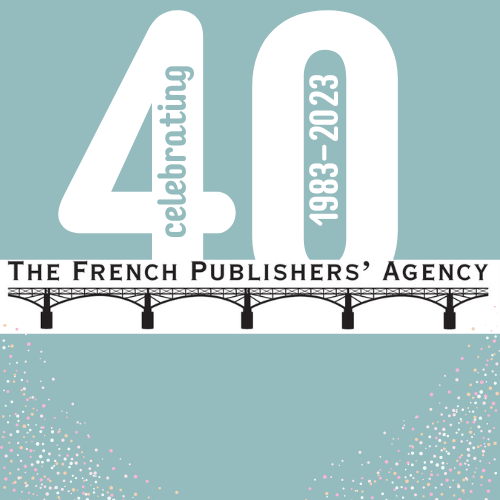to be in the right place
Claire Marin
(Éditions de l’Observatoire, 240 pages, 2021)
***German, Spanish, Chinese and korean rights granted***
***More than 60 000 copies sold***
There are places we covet, others we want to leave at all costs, still others where we get bogged down, and some that impose themselves on us by chance. There are the niches we have carved for ourselves in our families, our jobs, our relationships, which are threatened by buried or unavowable desires. Places, real or symbolic, that welcome or reject us; and those we must conquer as they are withheld from us because of our genders, our handicaps, our ages, our ethnic or social origins.
Claire Marin, the “philosopher of life’s trials and intimate catastrophes,” examines our need to find our right places in a fast-moving world that ceaselessly displaces us while inundating us with instructions on how best to live our lives. With her usual psychological acuity, she speaks to our conflicting desires to belong and stand apart, the workings of our inner selves as well as our social identities, by navigating today’s heated debates about racism, feminism, ableism, migrants, and class defectors. She also describes the paths we sometimes take to finding our own “real place,” such as embracing genealogy beyond family by cultivating affective, imaginative affiliations, choosing celibacy or, like Georges Perec, writing an entire novel without using the letter E.
In this philosophical and literary journey where we run into writers Henri Michaux, Annie Ernaux, James Baldwin, and Gilles Deleuze, among others, Marin avoids ready-made answers. Instead, she inspires us to ask the questions that resonate within us—those we may need to ask over and over again in the course of our lifetimes.
Claire Marin is a professor of philosophy. Her publications include Hors de moi (Allia, 2008, awarded the 2008 Prix littéraire de l’Académie de médecine and Prix Jean Bernard) and Violences de la maladie, violence de la vie (2010 Prix Éthique et société Pierre Simon). Her first book published by Éditions de l’Observatoire, Rupture(s), was a great success with the critics and the public.

